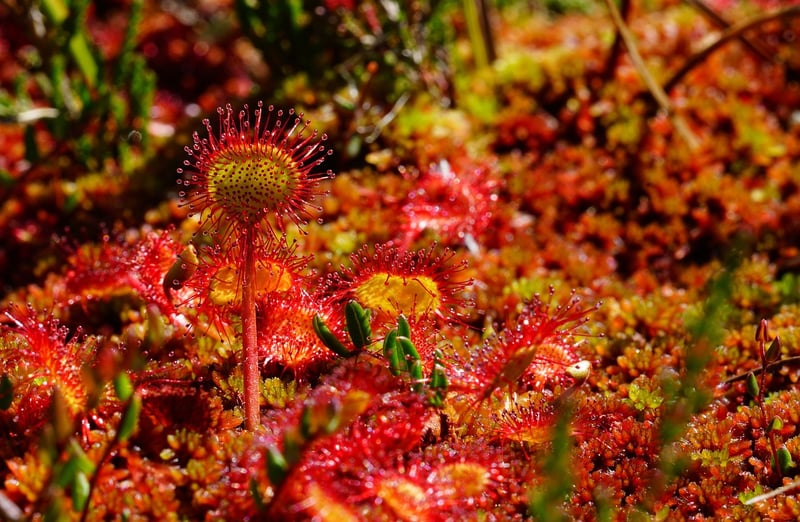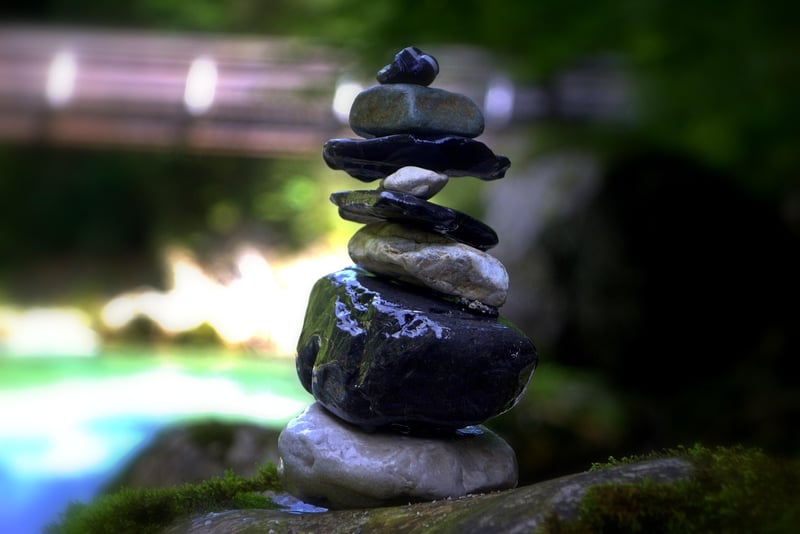Herb Maintenance
Plant Care and Maintenance Guide
Introduction
Welcome to our comprehensive guide on plant care and maintenance. Whether you're a seasoned gardener or just starting with your green thumb journey, these tips will help you keep your plants healthy and thriving.
1. Watering
Water is essential for plant growth, but it's crucial not to overwater. Different plants have varying water needs, so make sure to research your specific plant's requirements. Generally, it's better to underwater than overwater.
2. Sunlight
Plants need sunlight to photosynthesize and grow. Be aware of your plant's sunlight preferences - whether it requires full sun, partial sun, or shade. Adjust the placement of your plants accordingly.
3. Soil and Fertilizer
Use well-draining soil for your plants to prevent waterlogging. Fertilize your plants regularly during the growing season to provide essential nutrients. Consider using organic fertilizers for better plant health.
4. Pruning and Deadheading
Regular pruning helps shape your plants and promote new growth. Deadheading, or removing spent flowers, encourages more blooms. Be sure to use clean and sharp tools to avoid damaging your plants.
5. Pest Control
Keep an eye out for common plant pests like aphids, mealybugs, and spider mites. Use natural remedies or insecticidal soaps to control infestations. Regularly inspect your plants to catch pest problems early.
Herb Maintenance
Herbs are versatile plants that not only add flavor to your dishes but also have medicinal properties. Here are some tips for maintaining your herb garden:
1. Harvesting
Regularly harvest your herbs to encourage new growth. Use sharp scissors to snip off the top leaves, leaving the lower parts to continue growing. Avoid harvesting more than one-third of the plant at a time.
2. Watering
Herbs like well-drained soil, so be mindful not to overwater. Water when the top layer of soil feels dry to the touch. Different herbs have varying water needs, so research individual requirements.
3. Sunlight
Most herbs prefer full sun, so ensure they receive at least 6-8 hours of sunlight daily. If growing herbs indoors, place them near a sunny window or under grow lights.
4. Pruning
Regularly prune your herbs to maintain their shape and promote bushier growth. Pinch off the tips of the stems to encourage branching. Pruning also helps prevent herbs from flowering too soon.
5. Soil and Fertilizer
Use well-draining soil mixed with compost for your herb garden. Fertilize sparingly, as herbs generally don't require heavy feeding. Consider using organic fertilizers to avoid chemical buildup.

By following these tips for plant care and herb maintenance, you'll be well on your way to cultivating a lush and thriving garden. Remember to observe your plants regularly and adjust your care routine as needed. Happy gardening!
